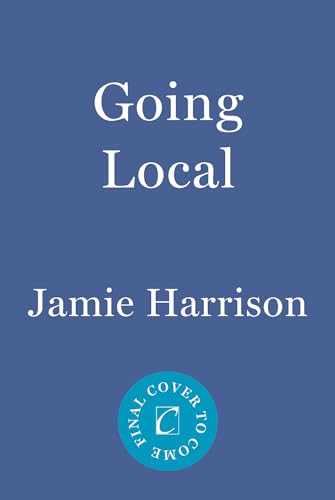This is an unusual murder mystery series, in which the sheriff is an antihero (meaning he makes bad decisions but tries to do good) returning to a small town in 1990s Montana. The locals are either newcomers with plans for development, or old-timers with no energy, too many years of smoking, drinking, in-fighting and grudges. Given the lack of will to resist, the newcomers manage to develop quite a lot, homes, hotels, and more. In this case, an owner of a prospective development is found in the reservoir with his lady friend who was also his accountant. Is the killer motivated by money, revenge, or something else? This is a town where traffic makes the news (trucks blow over) and a rodeo is planned for July Fourth weekend, bringing money and activity. Murders, especially crazed violent ones, are bad publicity.
Animals are harmed in this story. I warn you.
I found the series hard to get into at first, but by the third I was getting familiar with everyone; by the fourth I didn't want them to end. These are adult reads with violence and strong language.
I read an e-ARC of the reissued book, from Fresh Fiction.This is an unbiased review.

